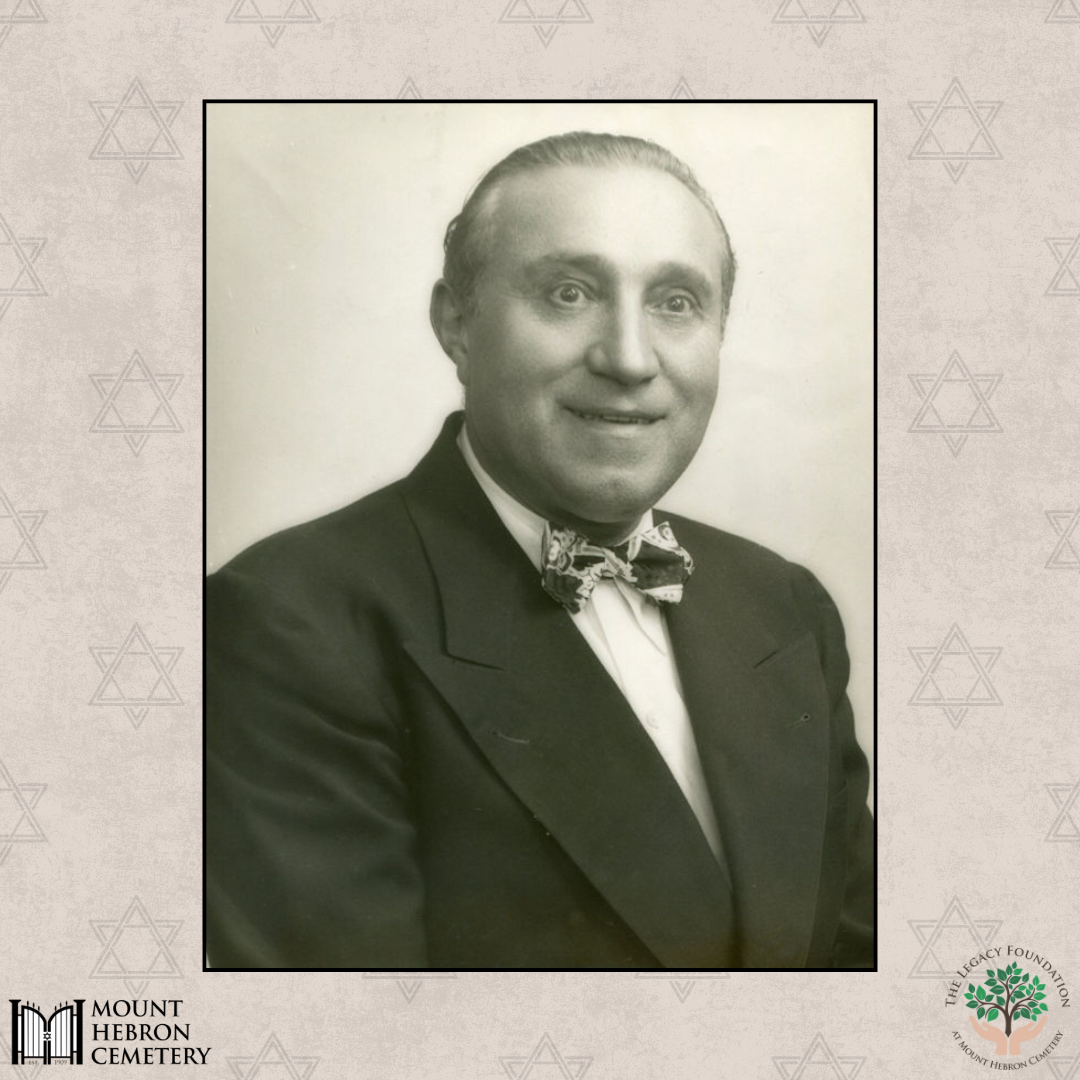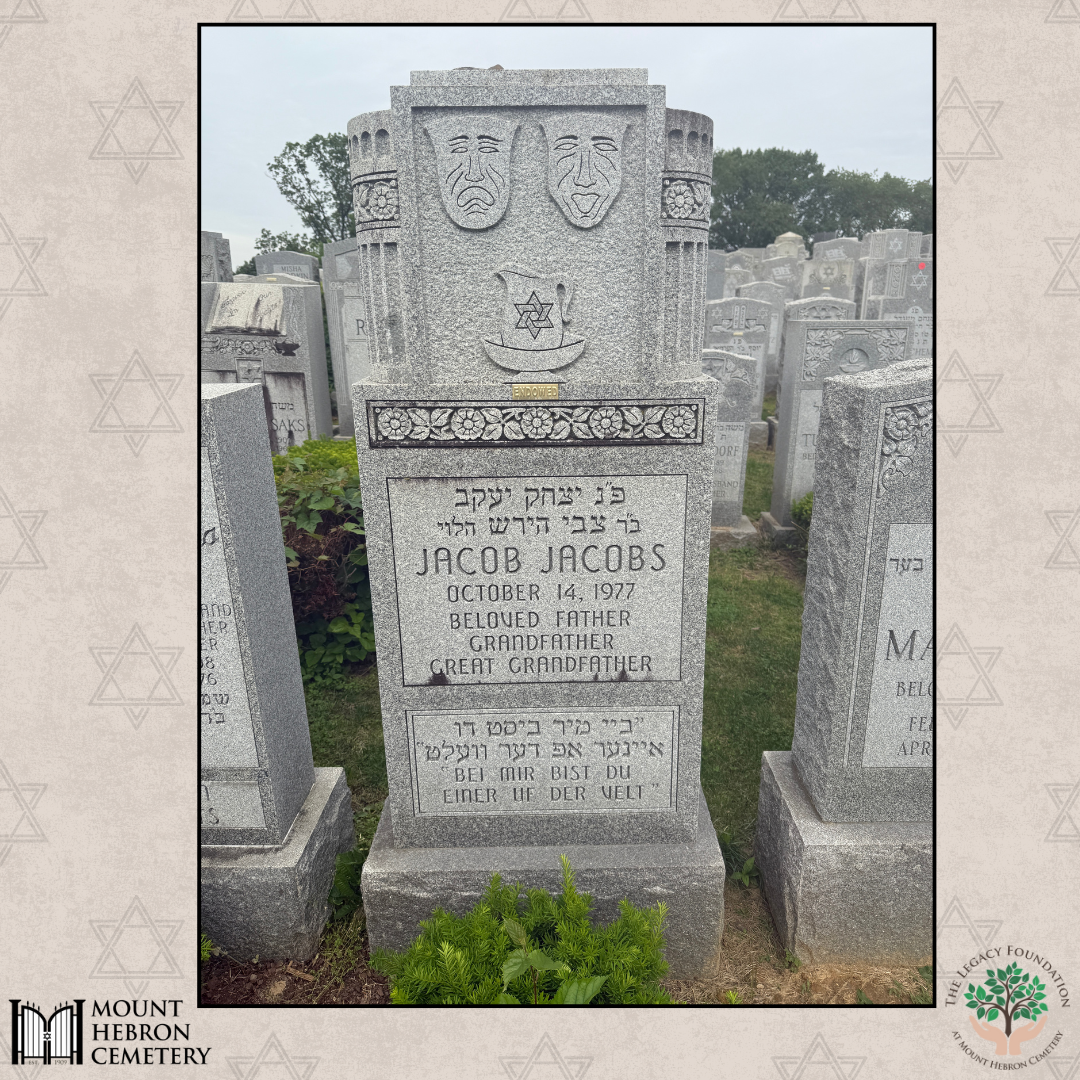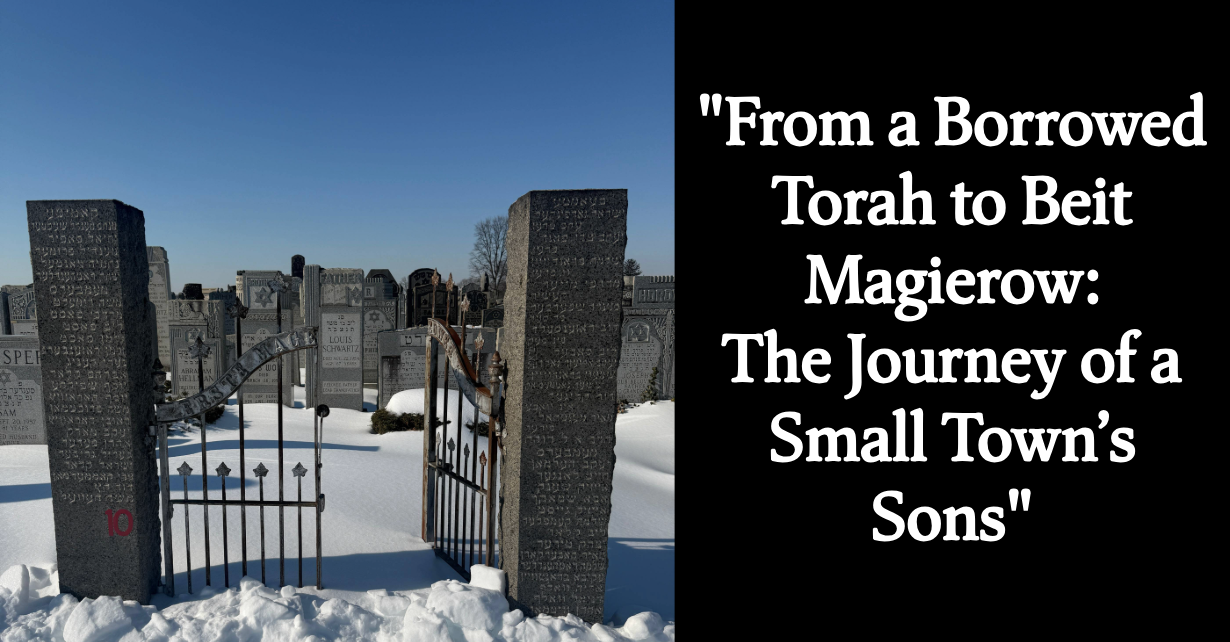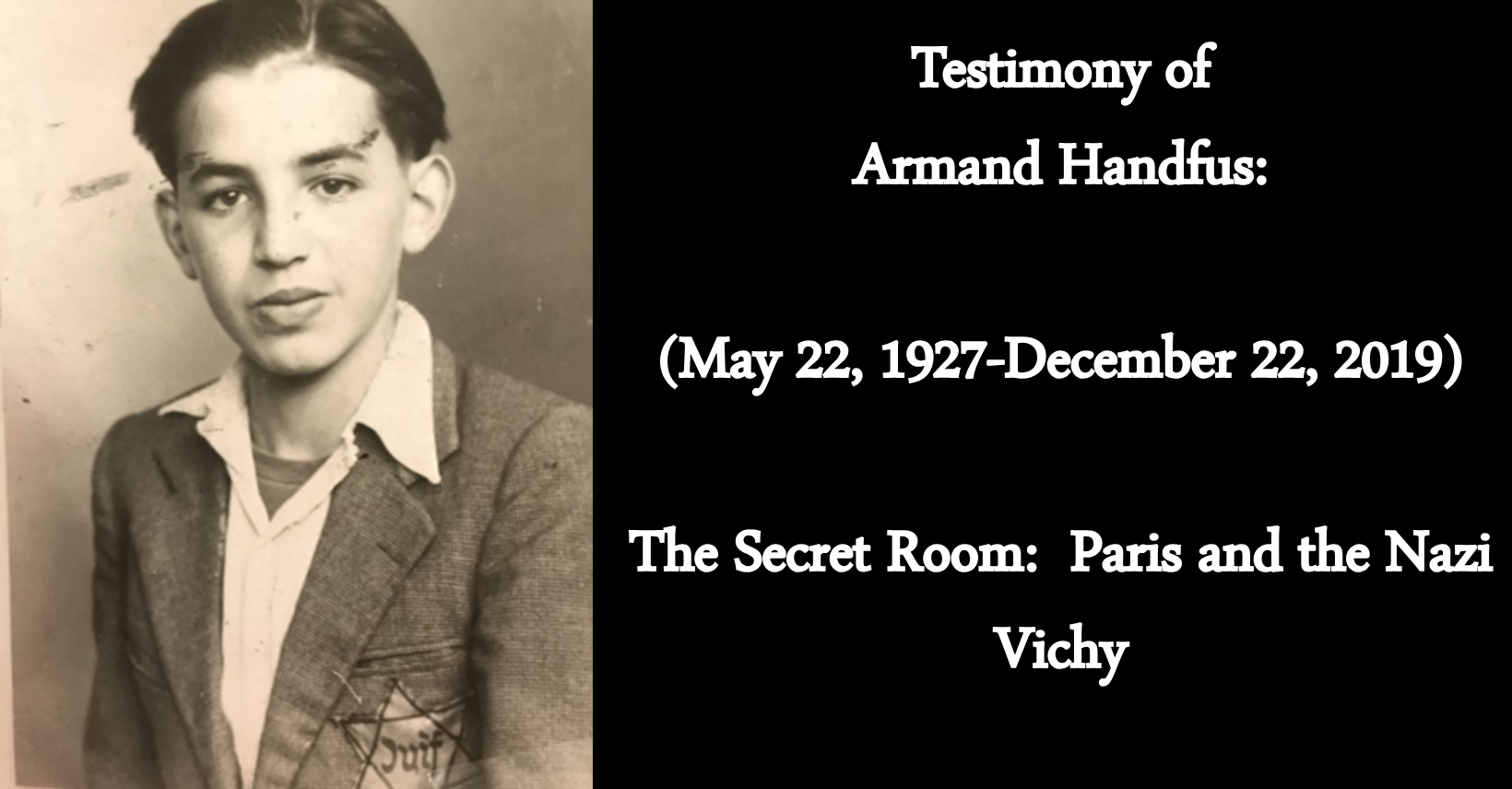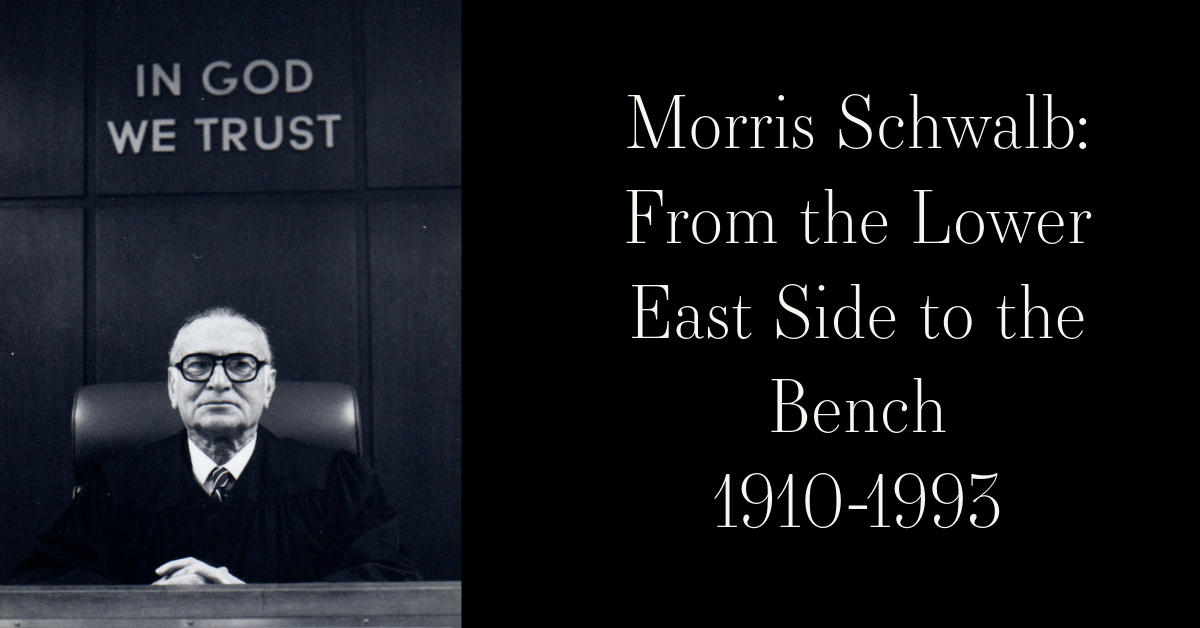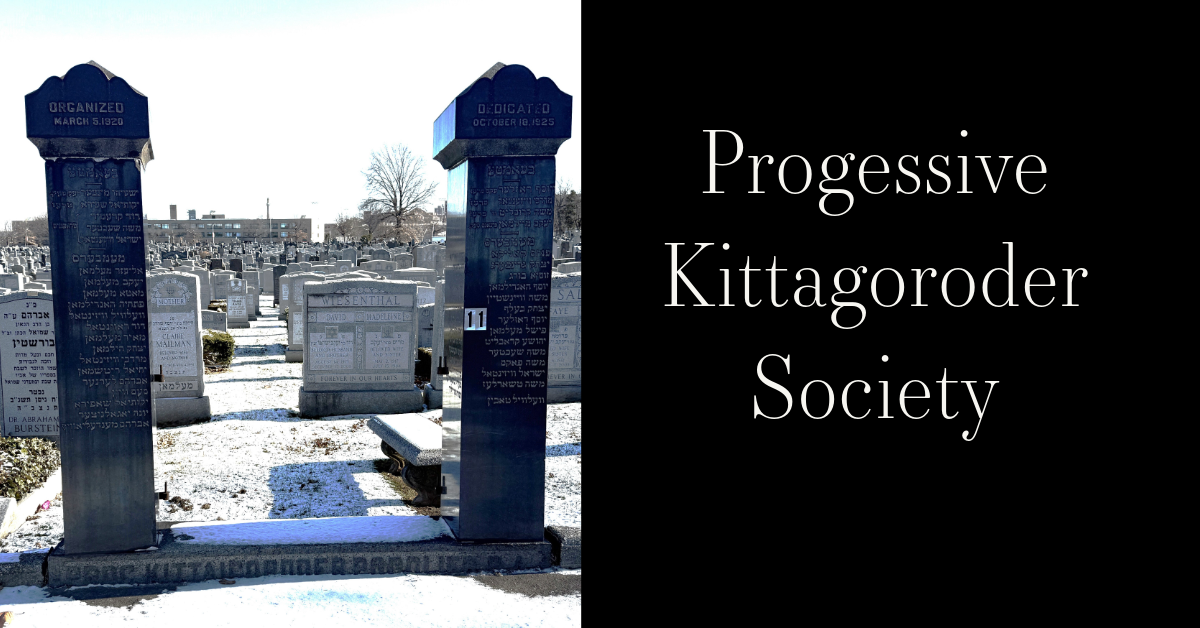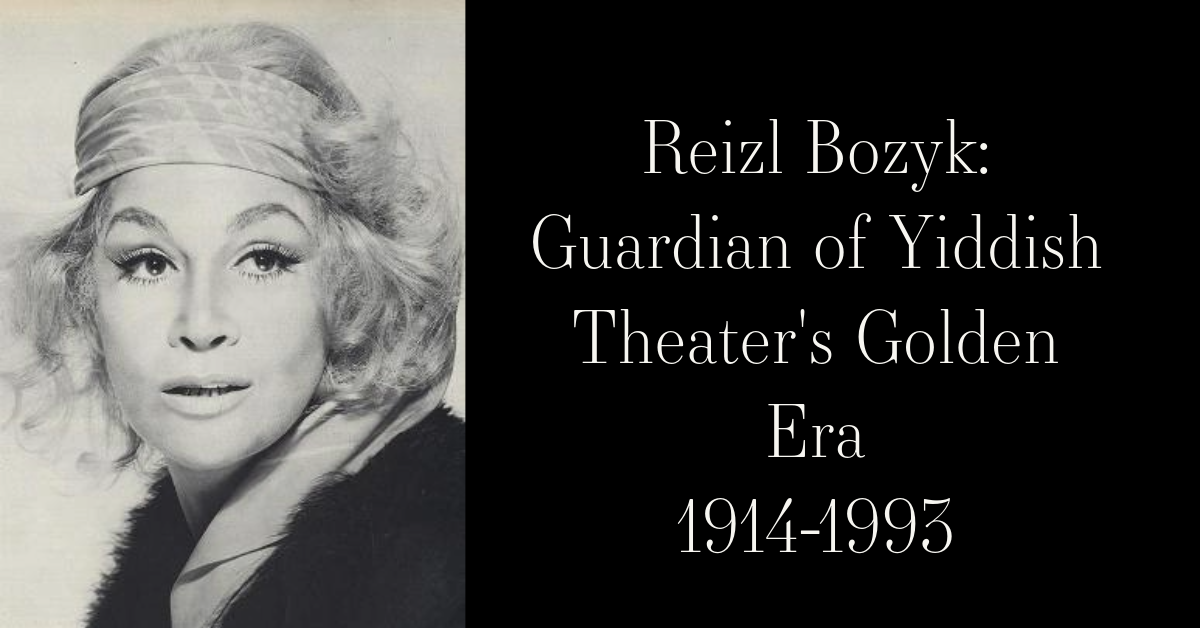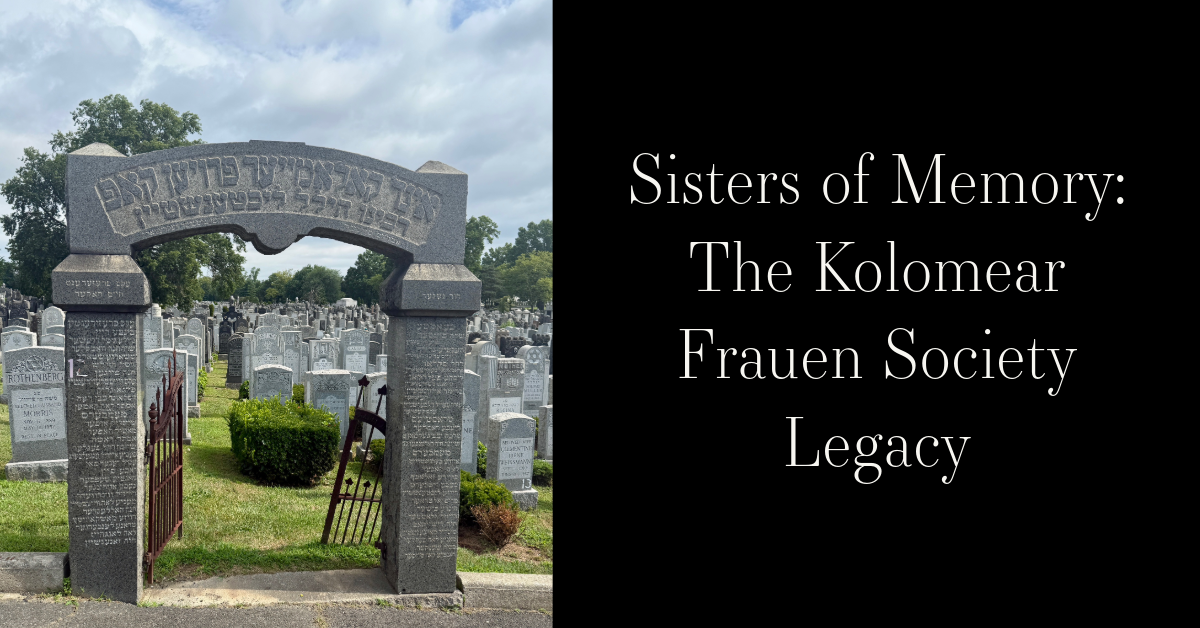Story Summary:
Jacob Jacobs was a notable figure in the heyday of the Yiddish theater. His work significantly impacted the preservation and promotion of the Yiddish culture and performance. Jacobs is remembered for his dedication to the Yiddish language and culture, helping to keep it thriving through the theater. Jacobs left the world with his mega hit theme song entitled "Baymir Bitsu Sheyn." ~Blog by Renee Meyers
Jacob Jacobs: Writer Of The Hit Song: “Baymir Bistu Sheyn”
Jacob Jacobs AKA Yakov Yakubovitsh, was born on January 2, 1890 in Riska (now a part of Romania). He had one brother named David who was also involved in the Yiddish theater. Jacob learned in a cheder as a child. His father worked as a Possessor. In 1904, the Yakubovitsh family came to the United States when Jacob was 13 years old. In 1904 the family emigrated to the United States. Here, Jacob had an assortment of jobs including working in a soda factory, delivering soda-water, and working in a sheet metal factory. Jacob also found work in the garment industry and began studying how to be a tailor.
In 1907, Jacob joined the chorus in a vaudeville theater. He sang couplets on Sundays since vaudeville plays were not allowed to be presented on this day. In 1908, Jacob was hired as a vaudeville actor. In 1911 he had his premiere in a play called “Yankel Boyla” at the Odeon theater. In 1912 Jacob started a new job; that of director of the Lyric Theater in Brownsville, Brooklyn. He soon became partners with Nathan Goldberg in Harlem’s Lennox Theater.
From 1926 to 1930 Jacob became co-director of the National Theater, and then the Prospect Theater in the Bronx. Jacob got married to Rebecca Treitler (Betty) who was the daughter of a Yiddish theater director. Jacob and Betty raised one daughter named Thelma (Mintz).
Throughout his career, Jacob produced and acted in hundreds of musicals and wrote lyrics for countless songs. He also wrote the music to his own couplets. In 1932, Jacob collaborated with composer Sholom Secunda on a Yiddish musical comedy, “I Would If I Could.” Although this show was not very successful, it did produce a song that become a #1 hit called, “Baymir Bistu Sheyn.” This song was later sung in English by the Andrew Sisters.
Jacob’s granddaughter, Melanie Mintz, related the story of how Jacob decided to write the lyrics to this song. Mintz stated that Jacob and Betty were strolling on the Boardwalk in Atlantic City when Jacob began flirting with a few women that they passed. Alarmed, Betty questioned Jacob about his behavior. Jacob responded, “What are you worried about? Baymir Bistu Sheyn.” (To me you are beautiful). Suddenly, Jacob had an idea. He hastily pulled a small piece of paper from his pocket and jotted down the Yiddish phrase he had just used. Jacob later decided to name one of his songs, “Baymir Bistu Sheyn,” and history was made.
Jacob, whose lyrics originally were in Yiddish, and Mr. Secunda, who assisted Jacob in writing this song, did not make much money from it. Jacob and Secunda decided to sell the rights to the song to J. & J. Kammen Music for $30, which both men shared. In 1937, Sammy Cahn and Saul Chapin transformed this song into a bilingual mega hit that was worth at least $350,000. By 1962, the copyright reverted to Mr. Secunda and Mr. Jacobs, who shared in the royalties.
In 1970, Jacob worked on the show, "The President's Daughter," and brought the Yiddish-American theater to Broadway by interspersing both languages. Jacob wore 4 hats for this production, including that of director, performer, producer and lyricist. He also wrote the words for the show, "Those were the Days," which opened in 1990. In this play Jacob had the part of Nathan, the “old cupid.” Other plays that Jacob produced, or in which he acted and wrote lyrics for, included: “A Cowboy in Israel.” “A Jolly World,” “Women of New York,” “Second Marriage” and “Hello Grandpa!”
Despite constantly hearing others complain that the Yiddish theater in New York was dying, Jacob as well as his associates, worked hard to keep the theater alive. It was Jacob’s belief that the Yiddish theater had survived because it gave its audiences what they wanted. Jacob stated, “the English theater offers shows that couldn't have five performances on the Yiddish stage.” Jacob described his audiences saying, “The Yiddish audience sees a comedy, laughs its insides out and, when you ask how it went, they shrug and say, ‘Ah, a nahrishkeit, a simple thing. They see a tragedy, cry all the time and then say, ‘Ah, such tsoris [trouble]; what do we have to come to the theater for this? We've got enough at home.’ “So, I give something for everyone.”
Although seeking to entertain through musicals and comedies, Jacob also brought to the Yiddish theater adaptations of plays originally written in English including “Death of a Salesman,” “Johnny Belinda,” “Anna Lucasta,” “The Student Prince” and “Detective Story.” One of Jacob’s most memorable roles was played with his wife, the late Betty Jacobs, in “Yenta Telebenda,” a play derived from a cartoon in a Yiddish newspaper.
In the mid‐1920's Jacob took over the Lenox Theater in Harlem and presented his first play, “The Wedding Gown.” After the Lenox, Jacob started taking over a succession of theaters including the Grand Theater on Grand Street and the National Theater on Second Avenue, the Parkway Theater in Brooklyn, the Prospect Theater in the Bronx, the Anderson, the Eden and the Yiddish American Theaters on Second Avenue.
Jacob Jacobs passed away on October 14, 1977 in the Sheepshead Bay section of Brooklyn where he resided in his daughter’s home. He was 86 years old and had recently undergone surgery. Jacob was survived by his daughter, Thelma Mintz, who acted with him in many of his productions. Jacob Jacobs is buried in the Yiddish Theatrical Alliance Section of Mount Hebron Cemetery in Flushing, N.Y.
~Blog by Renee Meyers



